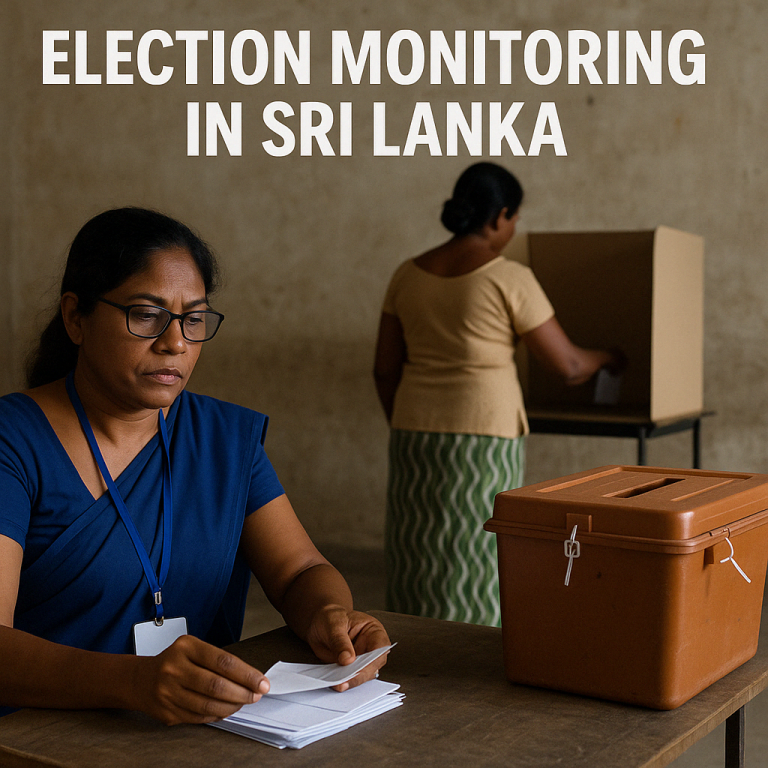Countries with a robust digital public infrastructure act as the cornerstone for progress in many developed countries. During the COVID-19 pandemic, many of these countries secured equitable economic advancements through digital tools. Effective Digital Public Infrastructure (DPI) has the potential to dramatically improve a country’s overall ability to reach the Sustainable Development Goals (SDGs) and thereby improve the lives of 8 billion people by protecting the planet.
In a significant step towards a more digital and prosperous future, the United Nations Development Programme (UNDP) in Sri Lanka, in collaboration with the Ministry of Technology launched the critical “DPI in Action” series. This series aims to empower government officials and local authorities to accelerate the adoption of DPI in an effort towards achieving the Sustainable Development Goals.
The inaugural session of the DPI in Action series explored the nexus between DPI and the tax landscape. This was championed by experts including Alex Cobham, Chief Executive of the Tax Justice Network, who recognised the critical role of DPI towards achieving fair and transparent taxation which would ultimately contribute towards the ambitious development objectives outlined in the SDGs.
Lauren Kahn, Director of Strategy and Research, Public Digital, shared her expertise on digital transformation strategies and how the DPI can be effectively implemented within Sri Lanka’s tax system. Her expertise sparked discussions on achieving innovation through DPI, best practices for implementing e-payment systems, utilising data analytics, and building public trust and transparency through accessible tax information.
During their time in-country, Alex and Lauren both also contributed to the conversations that took place at the first National Tax Dialogue, and the Local Governance Symposium organized by UNDP in Sri Lanka.
Commenting on the event, Honourable Kanaka Herath, Minister of Technology, stated, “Under the visionary leadership of President Ranil Wickramasinghe and guided by the Digiecon 2030 strategy, we are committed to transforming Sri Lanka’s digital economy. Our country is leading several groundbreaking initiatives to drive digital transformation. Digital Public Infrastructure (DPI) is an ongoing process, and the Government of Sri Lanka is dedicated to delivering its benefits to our citizens. This series represents a significant advancement, and I commend the UNDP’s dedication to supporting Sri Lanka’s digital transformation through the DPI action series. Together, we are building a digitally empowered Sri Lanka for future generations”.
Highlighting the importance of Digital Public Infrastructure Ms. Azusa Kubota, Resident Representative, UNDP in Sri Lanka stated, “Around the world, more governments are embracing the notion of DPI as a means to bring about transformational changes in service delivery. This series will be a unique platform to raise awareness amongst Sri Lankan stakeholders and promote an open dialogue on DPI implementation and its targeted outcomes as it requires the whole of the government and whole of the society approach. Through initiatives like the DPI in Action series, UNDP is committed to supporting Sri Lanka in building robust digital ecosystems.”
DPI is a cornerstone for tackling the challenge of keeping up with the complexities of a digitalized economy and minimizing tax gaps. By fostering the adoption of a robust and effective DPI, Sri Lanka can establish the necessary digital foundations towards building a more equitable tax system.
The advantages of transformative DPI include streamlining tax filings and payment processes through secure online portals to reduce administrative burdens, better data collection to ensure a fairer system and enhanced transparency.
Recognizing that DPI is an ongoing journey, UNDP in collaboration with the Ministry of Technology looks forward to continuing these dialogues and providing a platform for all partners to convene and brainstorm effective DPI adoption in Sri Lanka. This series will take up subject areas of national importance at each of the subsequent sessions and will bring together all relevant stakeholders to forge collective ways forward.







